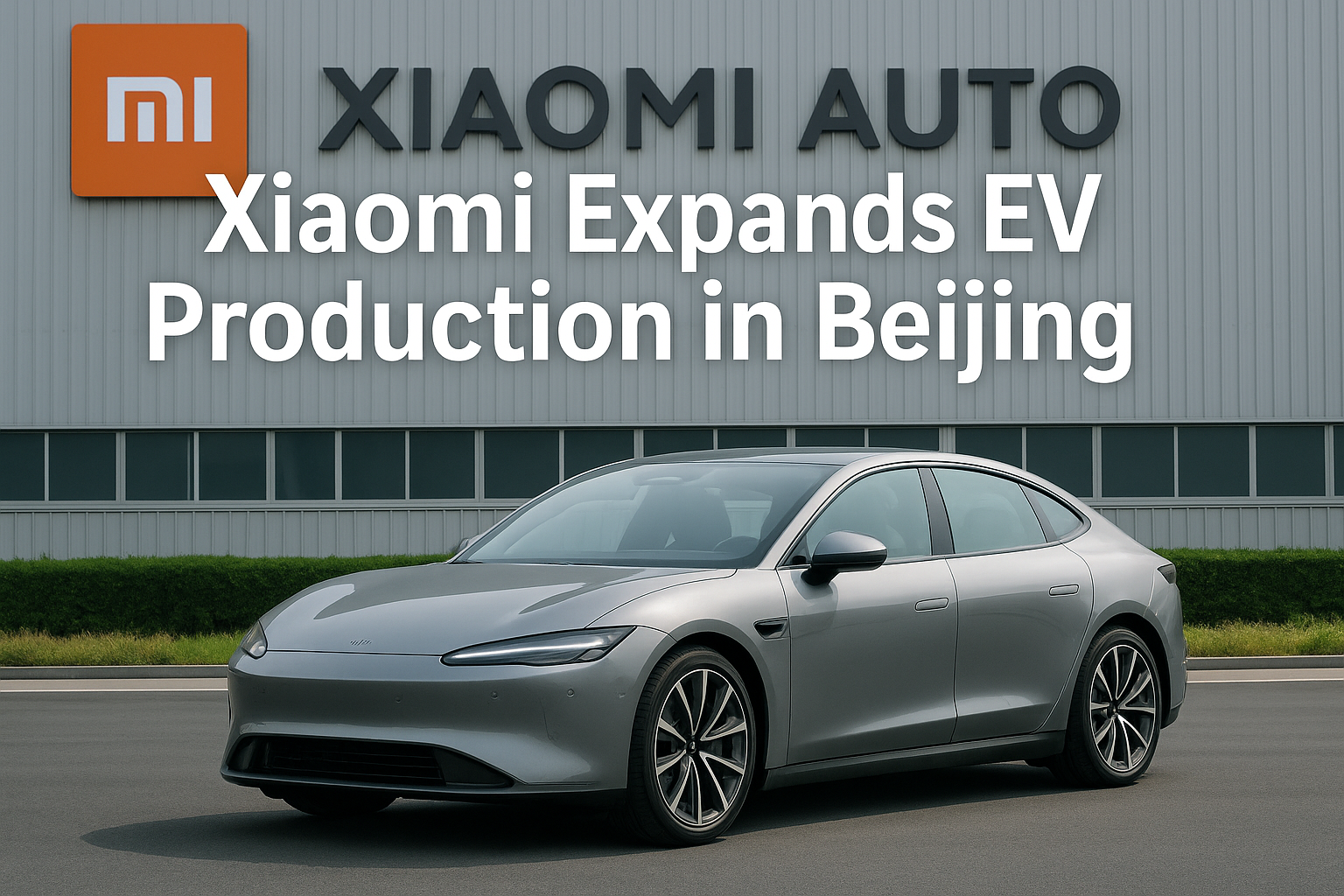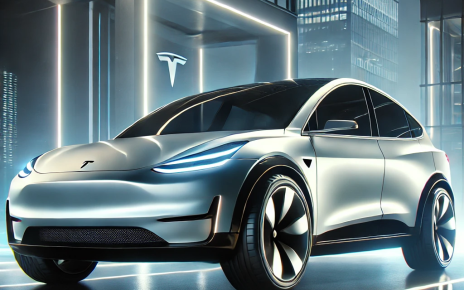Beijing, China — June 2025
In a bold signal of its long-term ambitions in the electric vehicle (EV) sector, Xiaomi Auto, the automotive division of Chinese tech giant Xiaomi, has secured a 50-year lease on a massive new plot of land in Beijing’s Yizhuang Economic Development Zone. The move is part of Xiaomi’s aggressive expansion strategy as it scales production to meet skyrocketing demand for its first-generation electric vehicles.
📍 Deal Overview
Land Size: 485,000 square meters (~120 acres)
Cost: ¥635 million (~USD $88 million)
Location: Adjacent to Xiaomi’s current EV factory in the southern suburbs of Beijing
Lease Duration: 50 years (2025–2075)
This follows a similar land acquisition in March, signaling that Xiaomi plans to create a vertically integrated automotive campus—complete with R&D, production lines, and possibly future battery operations.
“This deal cements Xiaomi’s automotive future in the capital. It’s not a side project anymore—it’s a full-blown industrial commitment,” said Han Fei, EV analyst at Ping An Securities.
🚙 Soaring Demand for Xiaomi’s SU7
Xiaomi’s first EV model, the SU7, launched in early 2024 to much fanfare. The sleek, AI-integrated sedan—with Level 3 autonomous features and deep MIUI ecosystem integration—quickly gained traction among China’s tech-savvy buyers.
Key Stats:
🕒 Average wait time: 51 weeks
📈 Bookings: Over 120,000 orders pending
🎯 Revised delivery target: 350,000 units for 2025 (up from 300,000)
With a price tag starting at ¥215,900 (~US $29,700), the SU7 undercuts many Western EV rivals while offering premium features like:
Xiaomi Pilot Pro driver assist system
Seamless smartphone-to-car syncing
Voice-operated AI cockpit and panoramic UI
🏭 Building China’s Smart Car Powerhouse
This land acquisition is more than just about scale—it’s about long-term control and integration.
Industry insiders believe Xiaomi will:
Double its current annual production capacity (currently 150,000–180,000 units/year)
Expand in-house EV software testing and chip R&D
Develop its own battery packaging unit by 2027
“Xiaomi is applying its smartphone playbook—tight hardware-software integration and aggressive pricing—to EVs,” said Lin Wei, editor of EV Digest China.
🌏 A Challenge to Tesla and BYD?
While Tesla continues to dominate the high-end segment in China and BYD reigns in affordability, Xiaomi is carving out a unique niche: mid-range smart EVs that combine performance, design, and app-based intelligence.
Its brand loyalty, fueled by its dominant presence in the smartphone and IoT markets, gives it a competitive edge in building a holistic digital ecosystem on wheels.
🔮 Outlook
Xiaomi’s expansion shows no signs of slowing. As it moves closer to building a multi-factory EV empire in Beijing, its trajectory could mirror that of BYD—a tech company-turned-auto behemoth.
With government support, loyal fans, and market momentum on its side, Xiaomi is fast becoming China’s EV disruptor to watch.



